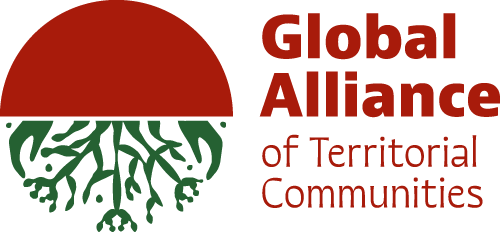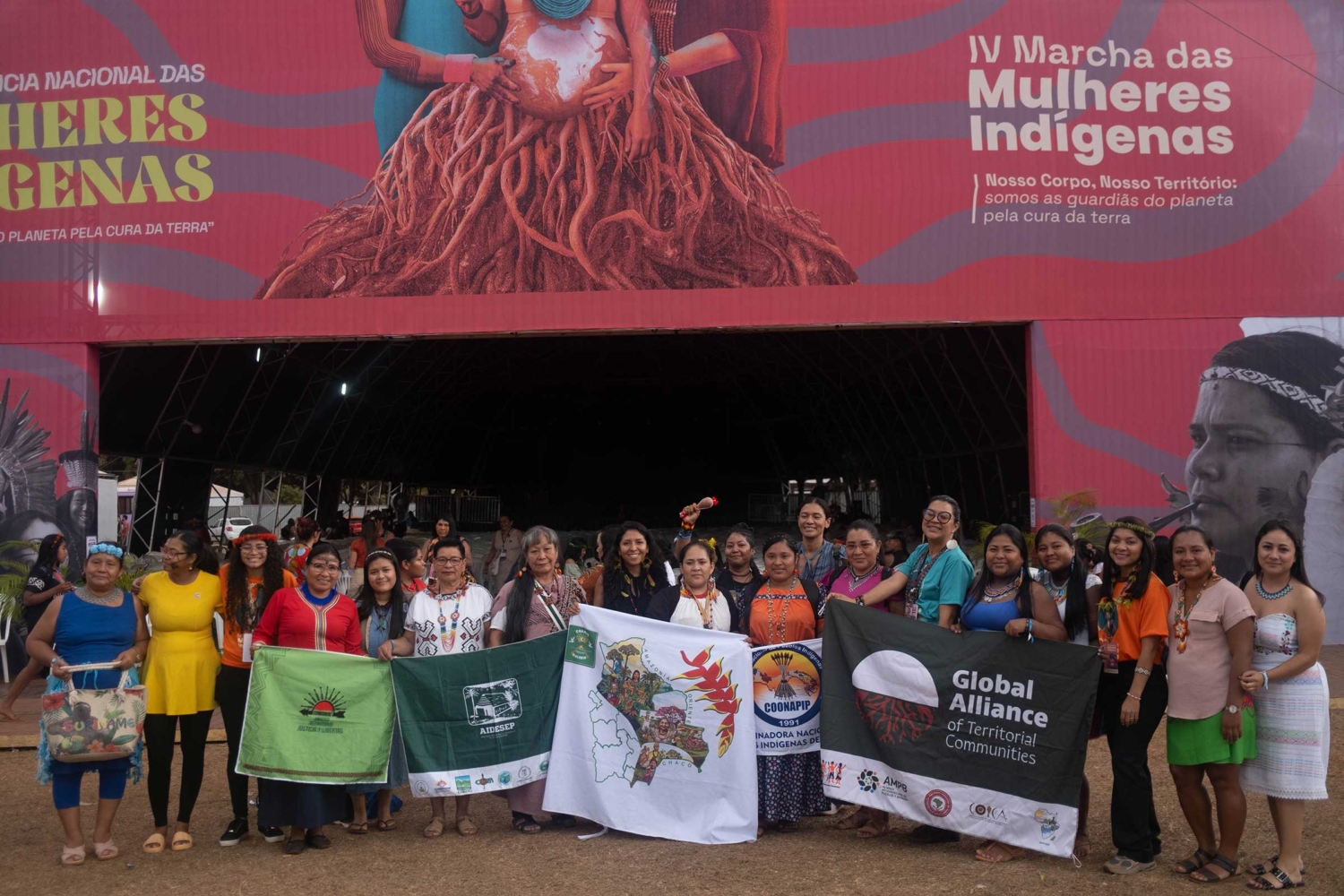The Indigenous Women’s movement has transcended borders and established itself as a global force for resistance and transformation. What were once isolated voices are now part of an international network that unites women leaders from Latin America, Africa, Asia, and other parts of the world. This convergence has allowed indigenous women not only to be heard, but also to set the agenda for discussions on rights, territories, and climate justice. This is our women’s movement: a global network born of ancestry, sustained by collectivity, and projected into the future with concrete proposals for life and climate justice.
At the Fourth Indigenous Women’s March in Brazil, women leaders from various countries, including Brazil, Venezuela, Bolivia, Colombia, Ecuador, Panama, Peru, Mexico, Costa Rica, the Philippines, Honduras, Suriname, Guyana, Zimbabwe, and Kenya, and from multiple territories, ecosystems, biomes, languages, cultures, and traditions, gathered to share experiences, highlight common challenges, and reaffirm that the defense of bodies and territories is inseparable. This ancestral space of resistance opened up the possibility of dialogue based on our realities and knowledge, strengthening the international influence of indigenous women and placing our proposals at the center of global debates.
From this articulation emerged the Indigenous Women’s Letter to the World, a historic document that brings together our voices, struggles, and demands. The letter is the result of a collective process that demands equality, respect, recognition, and the urgent understanding that there is no climate justice without indigenous women.
Today, this letter is presented as a call to the world: to States, international organizations, and global civil society to recognize and guarantee the rights of indigenous women and their fundamental role in protecting life and the planet. It is a testimony to a movement that is growing, strengthening, and will continue to lead the way toward a just and sustainable future for all.

